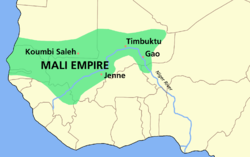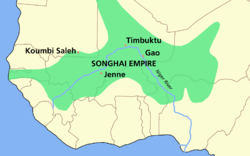I don't think you can call those prehistorics a "civilization".
They are not civilizations.
They didn't have any real political organization.
Just cities.
If you make a list of the history of urban life, they are surley in. But as civilizations, I don't think you can count them.
Sumeria is the first civilization.
And another thing - Herbews is a too wide defenition.
Hebrews were just a minority in Mesopotamia in the early 2nd millenium BC.
It's true that Israel and Juda are Hebrew people, but Hebrew people are not Israel and Juda.
A few Hebrew immigrants in Cnaan created the Israeli civilization.
But most of the Hebrew people were still in Babylon.
In the times of David and Solomon, Israel included more Hebrew people than Mesopotamia, but at least until 1200 BC (if not later) most of the Hebrew people were still a Mesopotamian minority.
Even in the bible - Abraham the Hebrew, was originaly from Ur.
You can refer to it like Phoenicians and Carthaginians.
The Carthaginians were created by Phoenician immigrants.
But until like 700BC, I think that most of the Phoenician people were still in Phoenicia.
And the Carthaginians developed their own culture. They were influenced by the Berbers, and the Europeans.
Israelites had a different culture as well. The original Hebrews were like Amorites, or Armeans, in their culture.
And -- Maybe you can include the early veitnamese?
I mean Van Lang.
And Gojoseon?
------------------------------
I didn't read all the comments, just the first 3.
And there is a different defenition for a civilization in every part of the world, or in every period.
Dutch can be a civilization, and even Austrians. Becuse of what practically happened in history.
There is no absolute defenition. You have to think about each one, and decide.
I think, for example, that even Mamluks deserve some reference. You can't call the Kipchaks.
But on the other hand, many (not all) of the Spanisn former colonies shouldn't be refered as different civilizations.
Because there is no real cultural difference, and they didn't play a different role in history.
Another example is the Almoravids and the Almohads, which aren't a civilization. They are part of the Berber civilization.
I wonder what you think about Romans, Italians and Etruscans.
I think it's the right decision to divide them. But maybe the Romans should be called "The Latins"?
But it's still arbitrary. Why did you group "Iberians" rather than dividing it up into Spanish, Catalan, Basque, Gallatian, and Portuguese? Why are the Dutch so important when there were plenty of other cultures/language groups in that region? Why not Frisian or Danish or Low Saxon or the hundred other languages that have come out of what we now refer to as "The Low Countries" Why did you group a whole bunch of entirely disparate languages and cultures into "Amerindian"? What the hell are "The Indians"? You might as well also include "The Europeans" and "The Chinese". These are massive regions representing hundreds if not thousands of different cultures, languages, and polities. I just don't understand how you're trying to do this.
Catalans and Basque didn't have their own existence in history.
They are not a civilization.
You insult Assyria or Greece when you call the a civilization.
Spanish and Portuguese are a civilization, of course.
And I don't think that Low Saxons have done so as well. But I might be wrong in here.
The Dutch were just a little more important, more unique, and more significant than those ethnical groups, don't you think?



